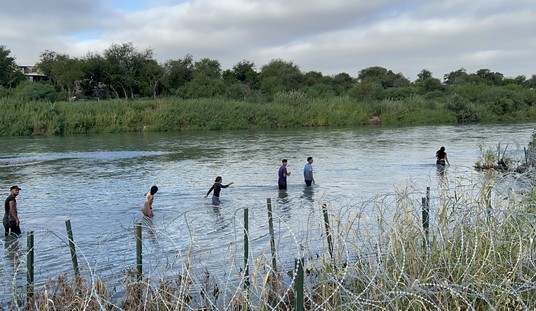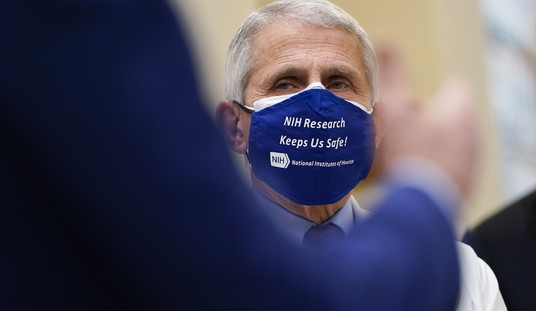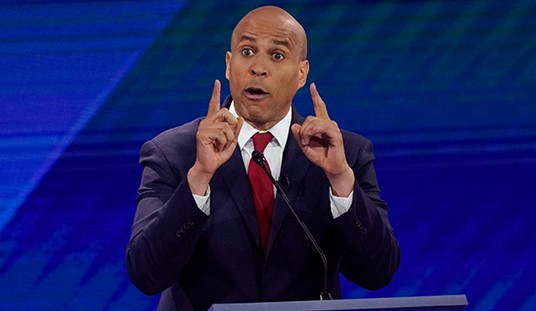American politics have descended into such a dumpster fire of partisan acrimony that we have no remaining semblance of civil discourse in our country. From rising racial tension, which has now extended even to disrespect for the Flag and Anthem at football games, to legislative stagnation in Washington, it seems increasingly like we share a continent but not a country. This needs to change, this must change, if we are going to extend American prosperity into a second century of American Leadership. Many of the debates we are having have merit, but are addressed in the wrong way by all sides.
Take, for example, the ongoing debate regarding the relationship between law enforcement agencies and the communities that they serve. There should not be two absolute extremes in these debates; it should not be portrayed that the police are either pure evil or perfectly pure. I know from first hand experience that neither is the case, and that is a good place to begin a real discussion. Three years ago tomorrow, on the day after Columbus Day 2014, I was arrested and put behind bars. The charge was child abuse, and the warrant was signed. My ex wife, with whom I had been fighting for 3 years over the custody of our 3 year old son (she left our marriage immediately after giving birth), was my accuser. She needed to leave the state to be with her new husband, and she wanted me out of the parental picture. She found a sympathetic female detective who helped her hurt me, and she trumped-up charges without any evidence. My only apparent crime was desiring to be a dad who is in the mix.
After four nights in the county jail, which resulted in much publicity because I am a public figure, and four months without seeing my own son, all charges against me were dropped without even so much as a preliminary hearing. I won primary custody of my son, and my ex wife was reprimanded for her lies. Through this ordeal, however, I learned more about America’s criminal justice system than I ever wanted to know. Some things were very comforting, many were very disturbing, and I never thought any of it could happen to me.
My general conclusion after my time in the belly of the beast is that, in spite of its flaws, America still has the most just criminal justice system in the world, but that it is still terribly flawed. It is driven too much by money, plea deals, and connections, and this inherently favors wealthier members of our society while simultaneously being more burdensome on less affluent folks. This results, oftentimes, in many people of lower incomes and of color being convicted of criminal offenses that more affluent people may escape. This is different than saying that the system is inherently racist or oppressive; it is neither. Unintentional bias is not the same as intentional, systemic oppression.
As a conservative, it is my desire that we have honest conversations about the police, the criminal justice system, and how to ensure that both treat everyone equitably. For starters, we must remember that the police and prosecutors are agents of the government and, therefore, should be respected but not immune to public scrutiny. We most also reduce the number of offenses that lead to incarceration, lest we trap people in lifestyles of recidivism and repeat offense. Among other things, this means that we should establish drug courts like Governor Rick Perry did down in Texas, to help people convicted of petty drug offenses rehabilitate before throwing them in prison and making truly hardened criminals of them at early ages.
With regard to the police, we should establish programs like my home County of Spartanburg, South Carolina, that build bridges of trust between law enforcement and the communities they serve. Our Clerk of Court, Hope Blackley, established a Criminal Justice Academy to educate young people, particularly at-risk youth, about the criminal justice system, and to help law enforcement officials better understand communities that have an inherent suspicion of the police. We should establish programs to ensure that law enforcement officers wear body cameras in every jurisdiction, and that respect for the police is established in every corner of our country. By mutually seeking to understand all sides, we can build a nation that is more just and generous.
Finally, discussions like I have outlined here ought to replace disrespectful and disruptive riots in cities, on college campuses, and should replace NFL players taking a knee in disrespect of our National Anthem and Flag. We are a good and noble country, and we are always about the business of building a “more perfect union.” That work of building a more perfect union begins with each of us respectfully engaging in civic discourse with respect for one another and the very nation we are seeking to improve.













Join the conversation as a VIP Member